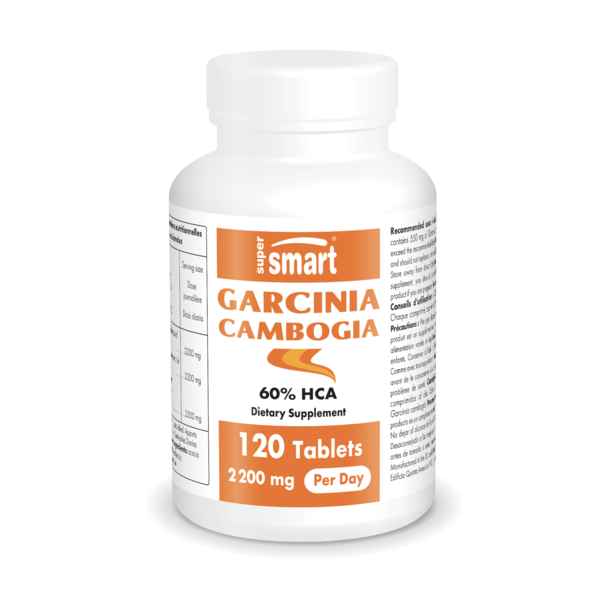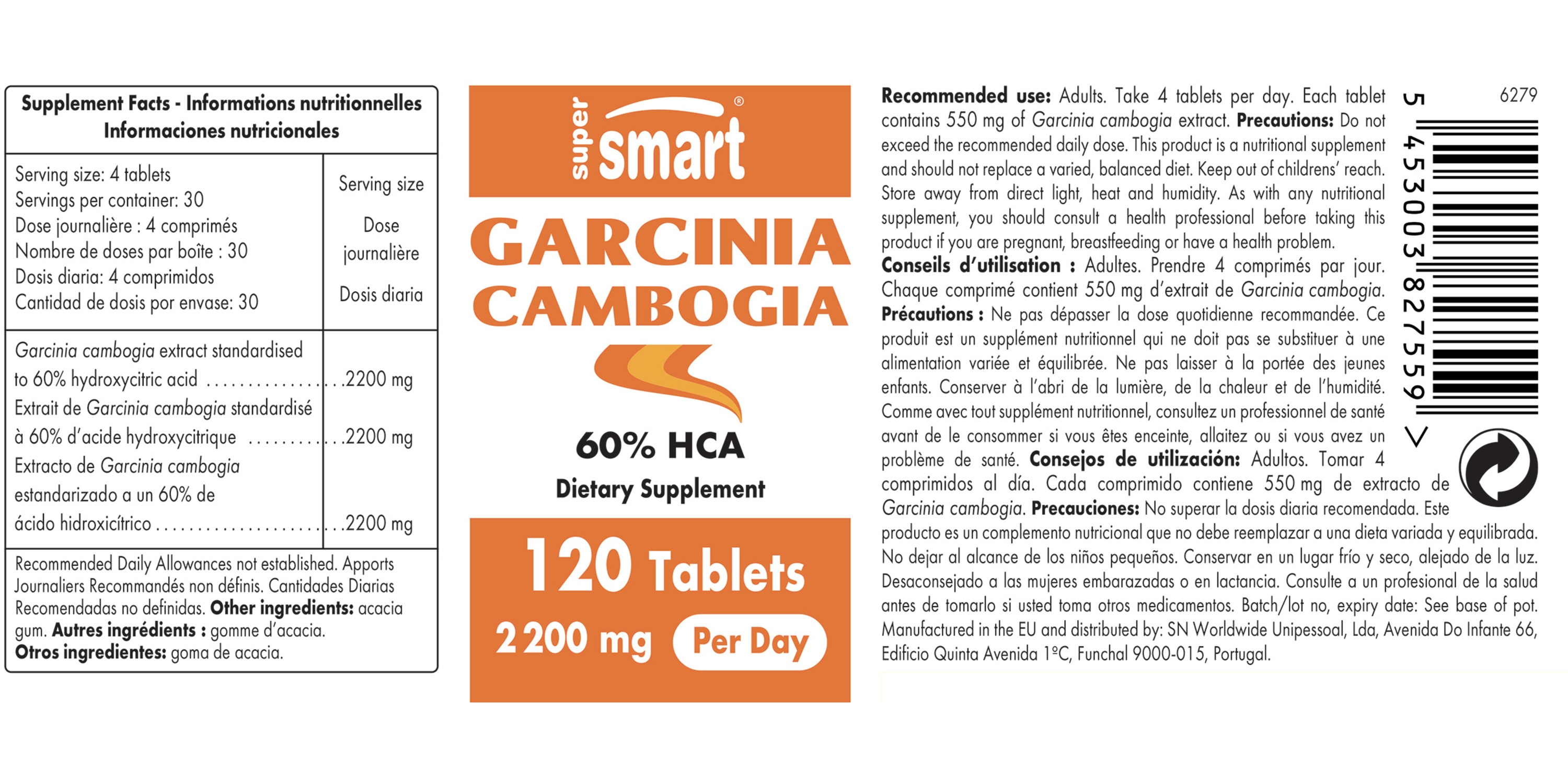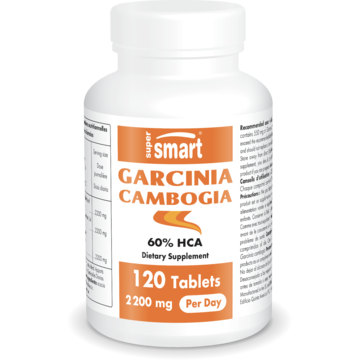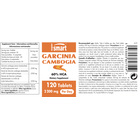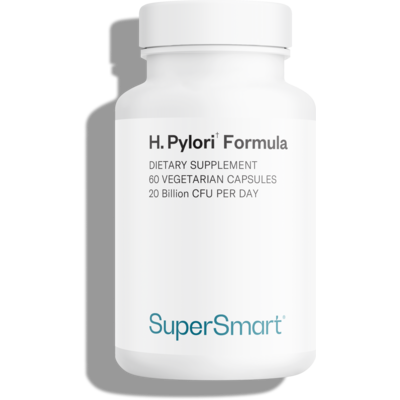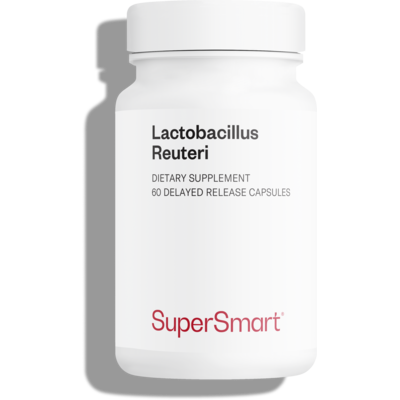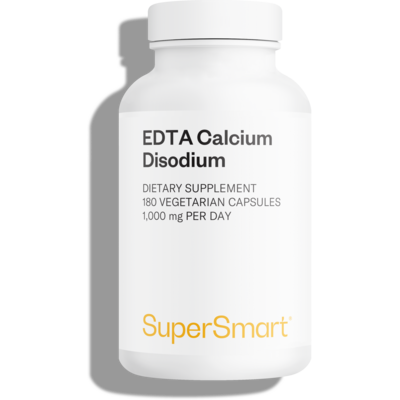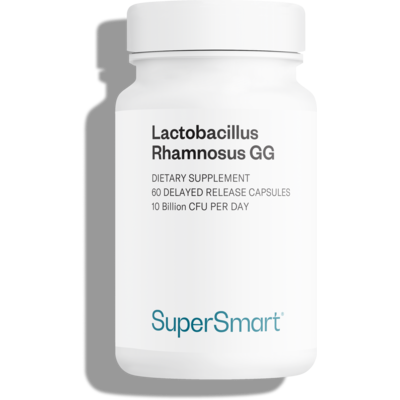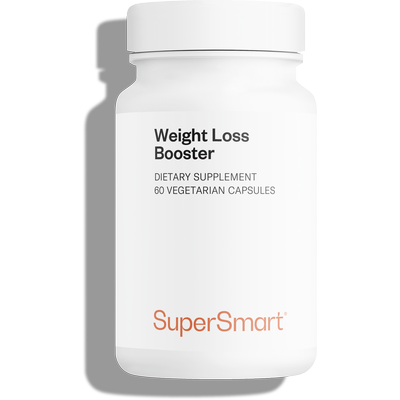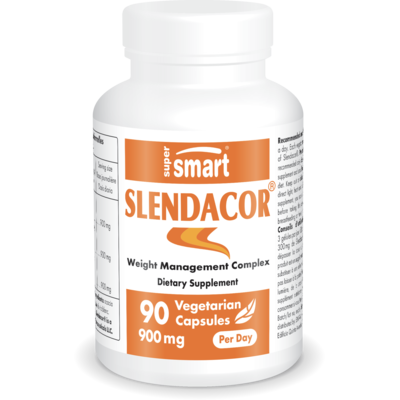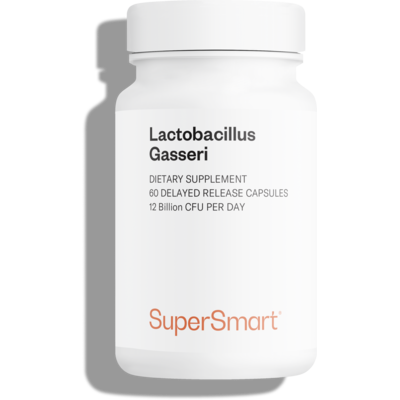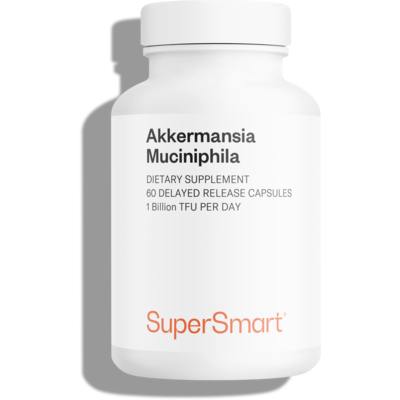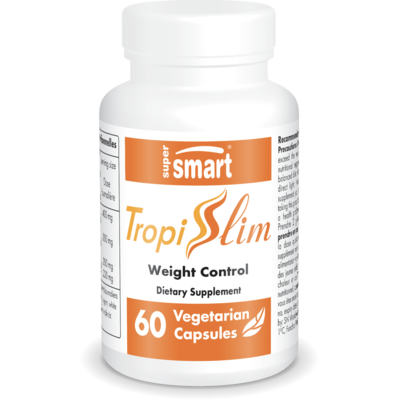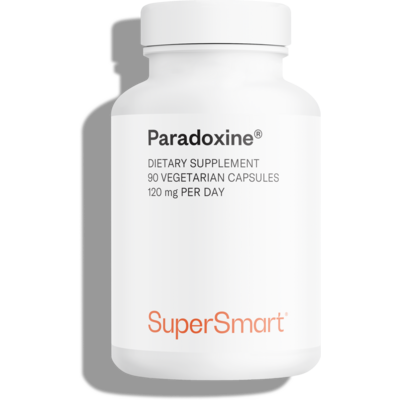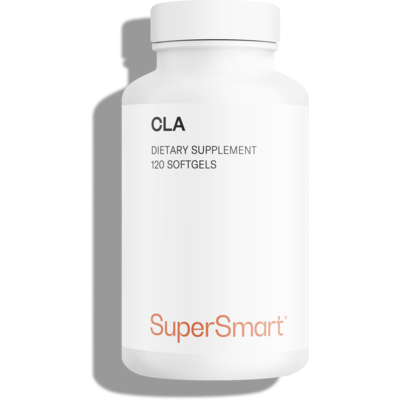In Stock
Garcinia Cambogia
Garcinia Cambogia Extract Supplement to Help Support Appetite Control and Metabolic Balance *
Create Your Offer
Garcinia cambogia is a fruit rind extract that has been studied for its potential role in metabolic balance and weight management.*
What is Garcinia Cambogia?
Garcinia cambogia is a tropical tree native to India and South-East Asia. Its small, pumpkin-shaped fruit (less than 5 cm in diameter) has a rind that contains natural compounds such as hydroxycitric acid (HCA). This compound has been the subject of scientific studies exploring its possible influence on fat metabolism, appetite regulation, and energy balance.*
Traditionally, the rind has been used as a spice in Asian cuisine, especially in fish dishes, and in folk practices for digestive comfort. The fresh fruit is edible, though its strong acidity means it is rarely consumed directly.*
How are Garcinia Cambogia Supplements Made?
While the rind naturally contains between 15% and 30% HCA, this extract has been standardized to 60%, which is the highest level commonly available in supplements. This standardization ensures a consistent content of hydroxycitric acid while retaining the other naturally occurring compounds present in the rind.*
To produce a swallowable tablet, acacia gum is added as a natural binding agent. This gum is a source of soluble fiber and is derived from the sap of certain acacia species.*
How Might Garcinia Cambogia Work?
Research has investigated several possible mechanisms of action of hydroxycitric acid (HCA):*
- Influence on ATP-citrate lyase: HCA has been studied for its potential ability to affect ATP-citrate lyase, an enzyme involved in fatty acid synthesis. By influencing this pathway, research suggests it may play a role in reducing fat storage and supporting energy balance.*
- Support for lipid metabolism: Studies suggest that reducing ATP-citrate lyase activity could encourage fat oxidation, sometimes referred to as "fat burning." This effect may be enhanced by combining supplementation with regular physical activity.*
- Impact on appetite and satiety: Some preliminary research suggests HCA may help increase serotonin availability and influence glucose metabolism, potentially contributing to satiety and reduced food intake.*
What Does Science Say About Garcinia Cambogia?
Animal studies over the past decades have generally indicated an effect of hydroxycitric acid on fat metabolism. Human clinical trials, however, have shown mixed results. Some studies observed a reduction in body weight or fat mass, while others found no significant differences compared with placebo. A 2011 meta-analysis reported a modest average reduction in body weight of less than 1 kg compared with placebo groups.*
Overall, while Garcinia cambogia continues to attract scientific interest, more research is needed to confirm its role in long-term weight management.*
Are Precautions Needed?
At recommended doses, Garcinia cambogia appears to be well tolerated in most individuals, though some may experience mild digestive discomfort. It is not recommended to combine Garcinia cambogia with selective serotonin reuptake inhibitors (SSRIs) or to take it during pregnancy or breastfeeding. Those with cardiovascular conditions, hypertension, or liver issues should consult a healthcare professional before use.*
As with any dietary supplement, it is best to consult a qualified healthcare provider before starting, especially if you are taking medication or have an underlying condition.*
Frequently Asked Questions
Why is Garcinia cambogia standardized?
Supplements are standardized to ensure a consistent content of hydroxycitric acid (60%), which is higher than the 15–30% naturally present in the rind. This ensures more reliable dosing compared with traditional preparations.*
Can Garcinia cambogia be combined with other products?
Some individuals combine Garcinia cambogia with lifestyle measures such as calorie control and exercise for metabolic support. Other supplements, such as fiber-based formulas or products supporting satiety, may also be considered. Always consult a professional before combining supplements.*
What is the recommended dosage?
Human trials have used doses between 1.6 g and 4.6 g per day, often divided into multiple servings before meals. At SuperSmart, our standardized extract provides 60% HCA, typically taken in capsule or tablet form.*
Note: Dietary supplements are not a substitute for a balanced diet or healthy lifestyle. Sustainable results are most often achieved when supplementation is combined with appropriate nutrition and regular activity.*
WARNINGS
Do not exceed the recommended daily dose. This product is a nutritional supplement and should not be used as a substitute for a varied and balanced diet or a healthy lifestyle.
STORAGE
Store in a cool, dry place away from direct sunlight, heat, and humidity. Keep out of reach of children.
PREGNANCY AND MEDICAL CONDITIONS
If you are pregnant, breastfeeding, or have any medical conditions, consult your healthcare provider before using this product.
SUPPLEMENT INTERACTIONS
Consult your healthcare provider before use, especially if you are taking any medications or other supplements as there may be potential interactions.
Need Help?
You May Also Like

